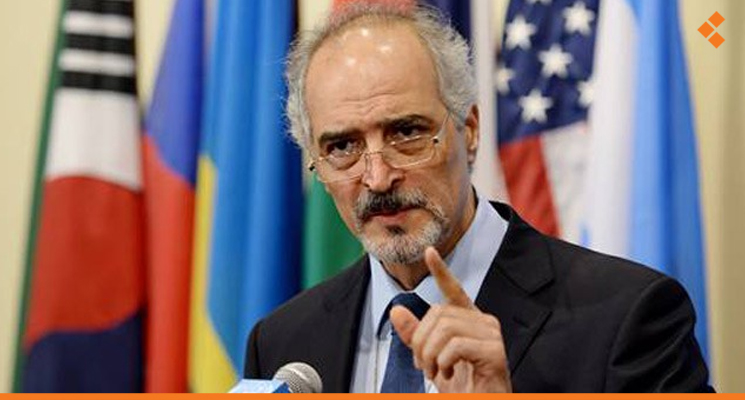Although the appointment of Syria’s deputy foreign minister Bashar al-Jaafari as Damascus’ ambassador to Moscow came as part of a series of new appointments involving Syria’s ambassadors in several countries, including Brazil, Venezuela, Pakistan and Bahrain, Jaafari’s appointment coincided with the continuation of the Turkish-Syrian rapprochement, sponsored by Moscow.
According to Lebanese newspaper Al-Akhbar, “the choice of the man who is known for his skill, eloquence and long experience is accompanied by a great role expected to be played in the next stage on several levels, mainly accelerating the pace of Syrian-Turkish talks. This comes at a time when it is not yet clear what is the initial conclusion of the security discussions between Ankara and Damascus, and the extent to which they can move to the diplomatic level.”
This comes in light of the frequent news from Moscow about the possibility of moving to a new step on the Damascus-Ankara track at the level of foreign ministers this time, according to the Russian Deputy Foreign Minister and Vice President for the Middle East and Africa, Mikhail Bogdanov. He stressed that “the Russian side is actively engaged in dialogue with partners on the proposal to provide a platform for the meeting of the foreign ministers of Syria and Turkey,” according to the Russian agency Novosti.
Bogdanov’s remarks were preceded by Turkish President Recep Tayyip Erdogan’s statements from the Czech capital Prague, where he reaffirmed his desire to meet with his Syrian counterpart, President Bashar al-Assad. “When the time is right,” he said, which observers considered a remarkable development in the Turkish-Syrian rapprochement.
While the Turkish media circles are still talking about obstacles in the course of this rapprochement, Al-Akhbar believes that the data on the ground indicates that each party is currently working to take calculated steps. The Syrian government recently opened a settlement center for Idleb, and the normalization of life in areas in the countryside of Idleb retaken about two years ago has begun.
On the other hand, the Turkish authorities have begun to prepare the ground for the opening of permanent crossings between areas under their control and the areas controlled by the Syrian government. This comes with the aim of increasing the pace of UN aid across the lines (under the supervision of Damascus) on the one hand and allowing for the return of displaced persons and refugees on the other.
In the face of these complexities, analysts point out that some form of competition between Turkey and the U.S. over influence on the Syrian opposition has increased recently. Washington has met Ankara’s attempts to tame the opposition and prepare it for a future phase of opening to Damascus by reactivating its own relations with the opposition coalition.
This article was translated and edited by The Syrian Observer. The Syrian Observer has not verified the content of this story. Responsibility for the information and views set out in this article lies entirely with the author.


